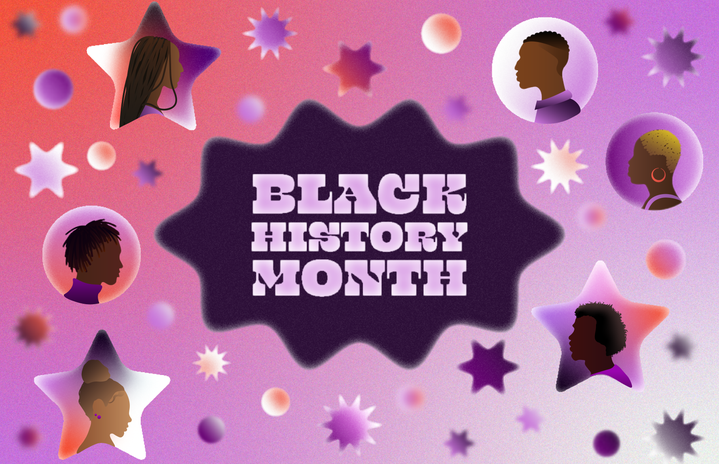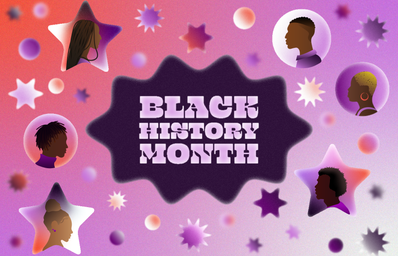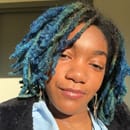As Black History Month comes to a close, it is the perfect time to highlight texts that we can take with us beyond Black History Month. There is always the quick impulse in complex institutions like predominately White institutions and large corporate entities to acknowledge Black History Month by quoting Dr. Martin Luther King and going about their merry way. Particularly in predominantly White institutions, there is a bigger impulse to quote revolutionaries without having a critical discussion on what those revolutionaries were advocating for. This Black History Month, there is no better time nor better urgency than right now to take a look at the texts written by revolutionaries that we tend to seldom mention but whose writings and ruminations couldn’t be more crucial to embrace.
- James Baldwin’s Collected Essays by Library for America:
-
This collection of essays includes “Notes of a Native Son,” “The Fire Next Time,” “Everybody’s Protest Novel,” and more from the social activist and scholar. Mr. Baldwin touches upon themes of race, class, and sexuality. In this work, Mr. Baldwin pieces together a very central and prevalent question of how to confront generations-long illusions of functioning under a violent terrain.
- Christopher Columbus and the Afrikan Holocaust by John Henrik Clarke
-
John Henrik Clarke was a pioneering scholar of African studies and one of the first researchers who documented African history predating European presence on the continent. In this book, Clarke divulges Christopher Columbus’ central role in establishing the genocidal history brought with slavery. Clarke also analyzes what many historians fail to, which is the rich history of Africans, predating the 1500s, who were innovators, monarchs, engineers, mathematicians and much more. He also touches upon the erasure of African people in the history of countries such as Spain, Portugal and Northern Africa.
- The Souls of Black Folk by W.E.B. Dubois
-
A sociologist and Civil rights activist, Dubois processes the meaning of “double consciousness,” and the two veils Black people must work between: the private view of themselves fueled by a white gaze and the public, violent gaze of whiteness. Dubois also discusses the role of Historically Black Colleges and Universities and his differences with colleague Booker T. Washington. This is definitely a foundational text when discussing the current human rights abuses of today.
- Some of Us Did Not Die by June Jordan
-
Ms. Jordan was a queer writer, poet and activist who beautifully and urgently wrote in this collection of essays about the moral contradictions as it pertains to the act of democracy. June Jordan also includes personal narratives that outline her visions for what is needed to create consistent and powerful change in a landscape that has avoided at all costs the kind of liberating change needed for “a more perfect union.”
- Wayward Lives, Beautiful Experiments by Saidiya Hartman
-
In this archival work, Hartman culminates the true stories of Black women forgotten: sex workers, queer women and femmes, single mothers and women who pushed against the traditional ideas of womanhood. This deeply rich book gives voice and power to women who are considered a threat due to their free will and insistence on self-preservation.
- Assata: An Autobiography by Assata Shakur
-
This autobiography details the events of Shakur’s life which led to her commitment to activism, fighting for human rights and social change. It also details the horrific experience after being detained for shooting a state trooper and her introduction to the Black Panther Party. Shakur’s work and literature must remain a central theme today, as we are still confronted with the horrors and negligence of the past.
- Playing in the Dark by Toni Morrison
-
This short collection of essays is a transcripted version of a lecture Ms. Morrison gave at Harvard University. Very directly, Ms. Morrison lays out the clear racism seen in literature and the use of the Black figure as a “shadow” unexplored by White artists. She analyzes the importance for Black artists to remove the white gaze from their artistic creations and how a new, unlimited world of creativity and depth opens to the Black artist when they do.
- Sister Outsider by Audre Lorde
-
This transformative book of collected essays, lectures and interviews, gives readers a liberating look into the ways Black women can and must liberate themselves by the power of sources like the erotic, self-preservation and collectivism.
- Corregidora by Gayl Jones
-
This novel by Jones highlights the complexities and horrors of intergenerational trauma, trauma of being fathered by slave masters and its generational effects. Through this novel, Jones pieces together a lineage not easy to claim or heal from but necessary to confront in order to find solace.
- Parable of the Sower by Octavia Butler
-
A science fiction novel, that offers many disturbing similarities to the times and political landscape we are currently living under. Butler forces us as readers to confront the looming effects of climate change and greed fueled by racism. It is the most timely book that can read currently and no reader will walk away from it with the same perception they had before.
Hopefully this list of book recommendations gives you a few titles and works you might not have heard about before. Hopefully it also gives you an urgency and roadmap of fighting for social change and solace that it is possible to create a different kind of world. Hopefully, if you purchase any of these texts, you support a Black owned bookstore. Find your local Black Owned Bookstore in your area and do be sure to support it beyond February. Happy Black History Month!



